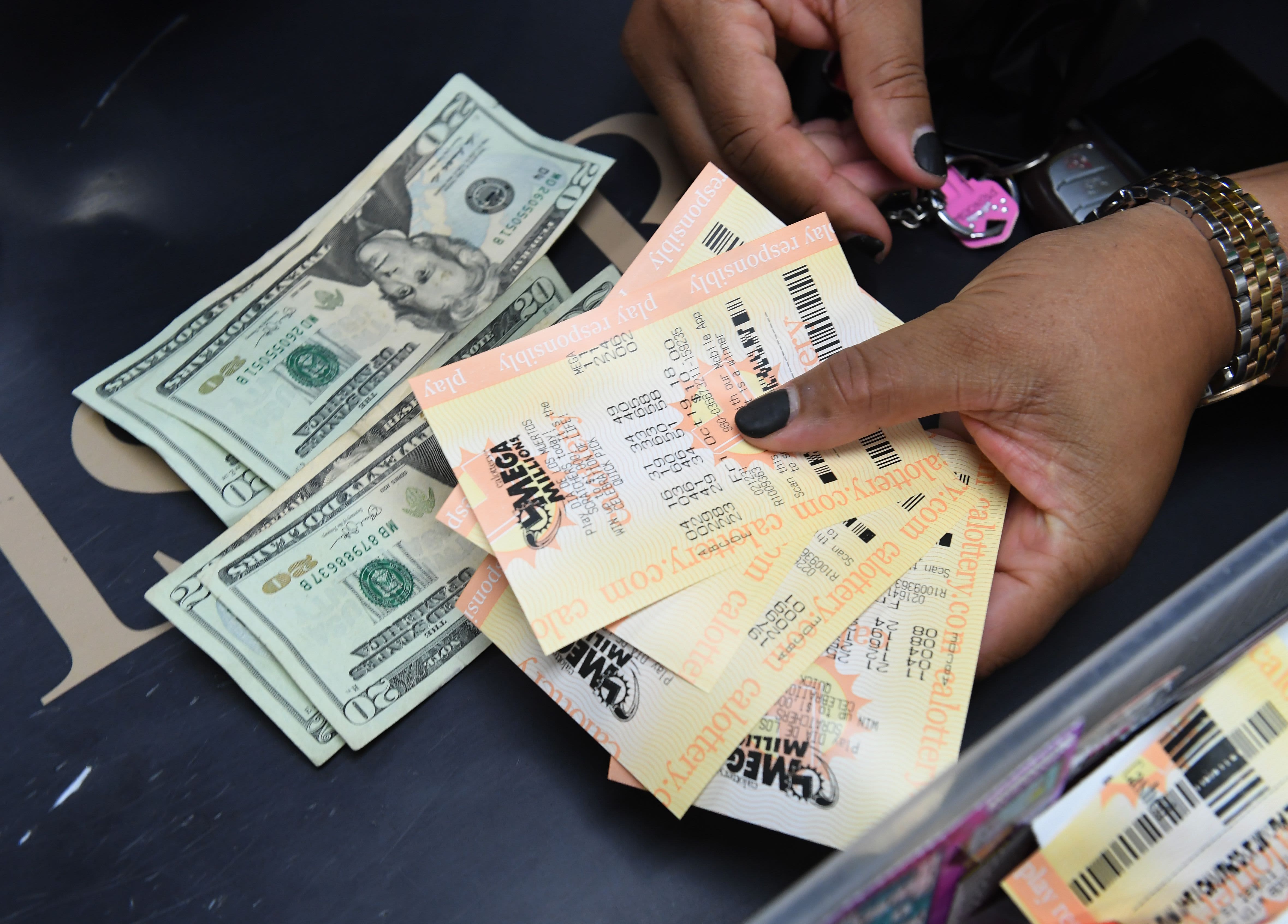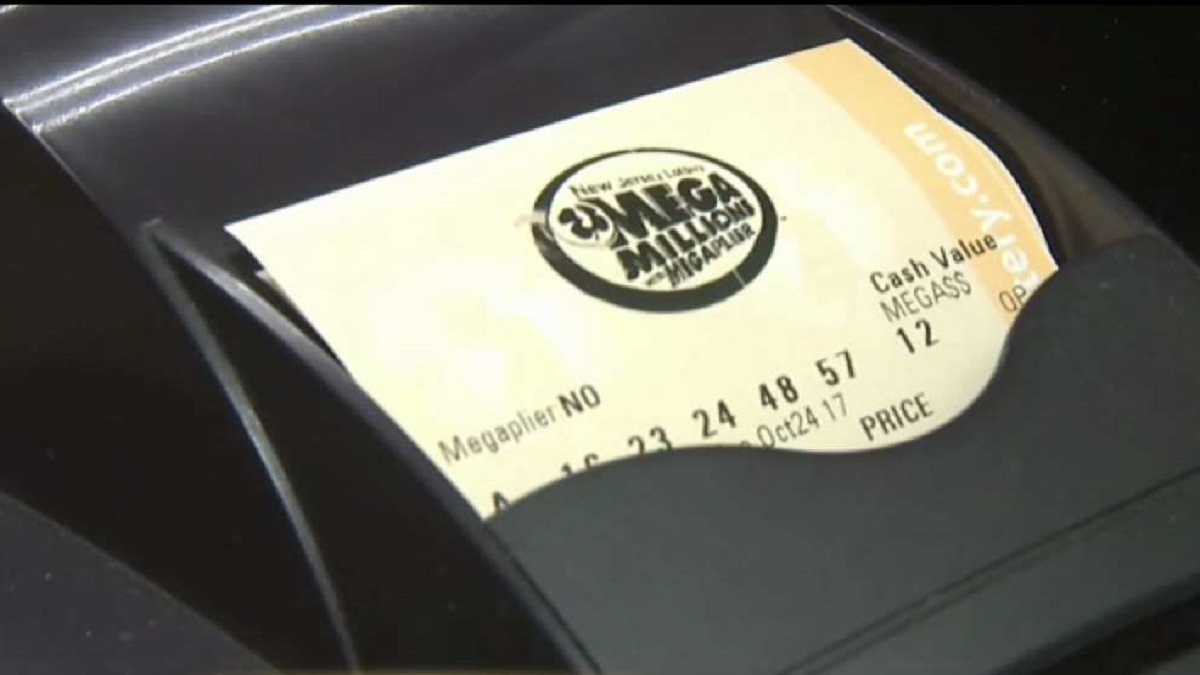It only takes a couple dollars to win, but it takes a lot of smarts to manage a billion-dollar windfall.
For those playing Mega Millions for the chance to win Friday's estimated $1.02 billion jackpot, they hope that's a problem they soon will have. Especially if they want to avoid the same pitfalls that other past lottery winners have dealt with.
"There are so many lottery winners who have won a lot of money and end up losing it all," said James Berman, a registered investment advisor and corporate finance instructor at NYU.
Berman says the first thing to do if you miraculously end up holding the winning Mega Millions Ticket is quite simple: do nothing. Even when conventional advice is to put money to work.
"A lot of people will give the advice — don't just stand there, do something with it. Put it to use. Make it work for you immediately, and I would give the opposite advice. Which is, don't just do something. Stand there for a while," he said.
Get Tri-state area news delivered to your inbox. Sign up for NBC New York's News Headlines newsletter.
Cashing in the winning ticket can wait while you take time to find a lawyer and a tax professional, Berman suggests — but then you've got some decisions to make. The first may be how to claim your winnings.
If possible, Berman said do it anonymously.
"You want to try your best to not make yourself more public than you have to be," he said.
New Jersey will keep winners anonymous if they ask. However, New York and Connecticut will not.
Another important decision regards how the money comes: In a lump sum, or an annuity?
The website USAmega.com estimates that, after New York taxes, the annuity would amount to $17.8 million a year, or $535 million after 30 years of payments. The lump sum would be $314 million — but if that were to be invested at 4 percent, it would become $1 billion by 2052.
The real question regarding lump sum vs. annuity: Is it realistic to think you'd be disciplined enough with a lump sum worth hundreds of millions?
"If you're choosing a lump sum versus an annuity, well you better not be a gambler, because you are going to lose that lump sum. And if you've been playing the lottery, you might be a gambler," Berman said. "Then it would be better to take the annuity."
Some may be wondering which state claims the most of a winner's lottery payout. According to USAmega.com, that would be New York with a 10.9 percent effective tax rate on lottery winnings.
On the flipside, states like California, Florida and Texas don't tax lottery winnings at all.



